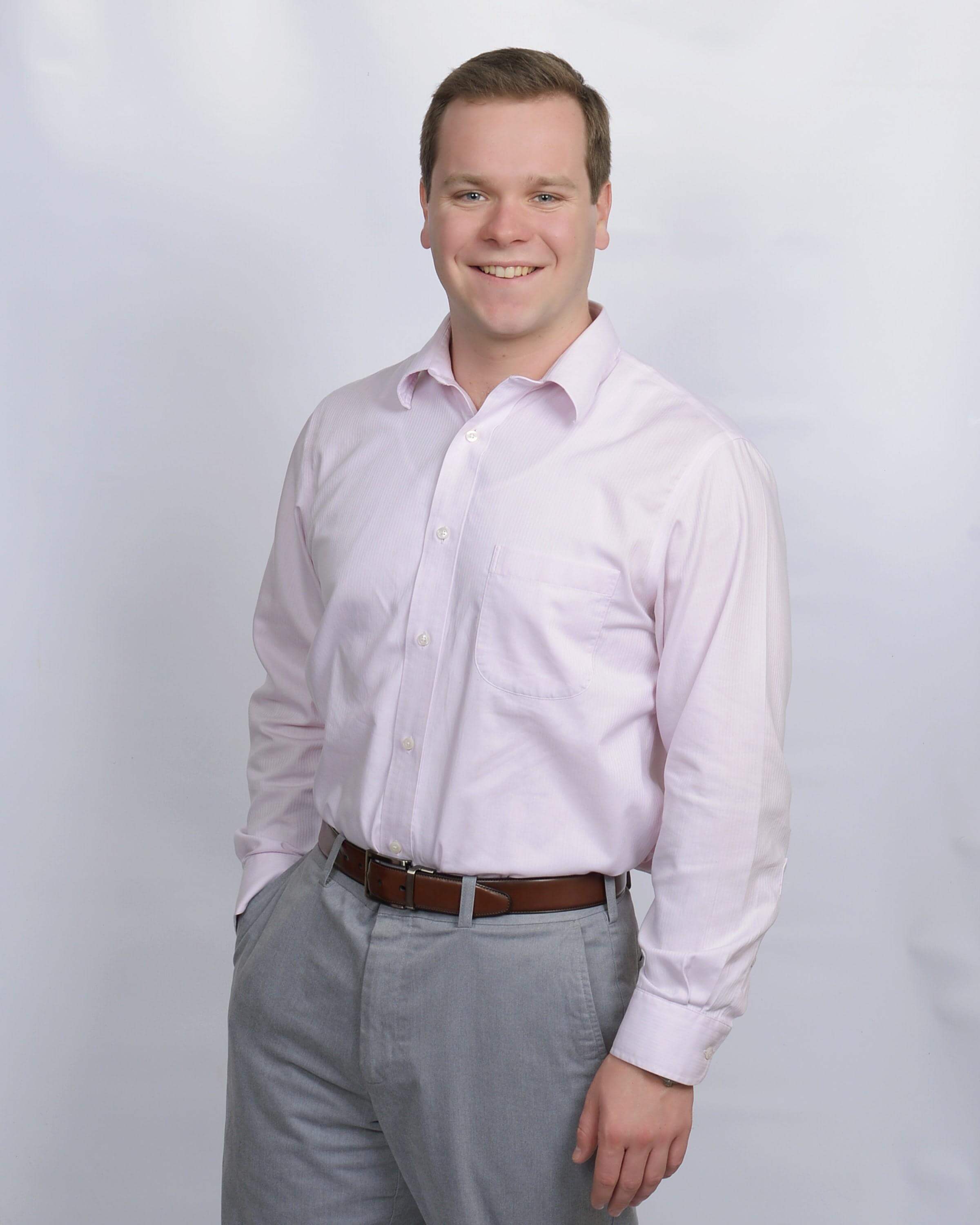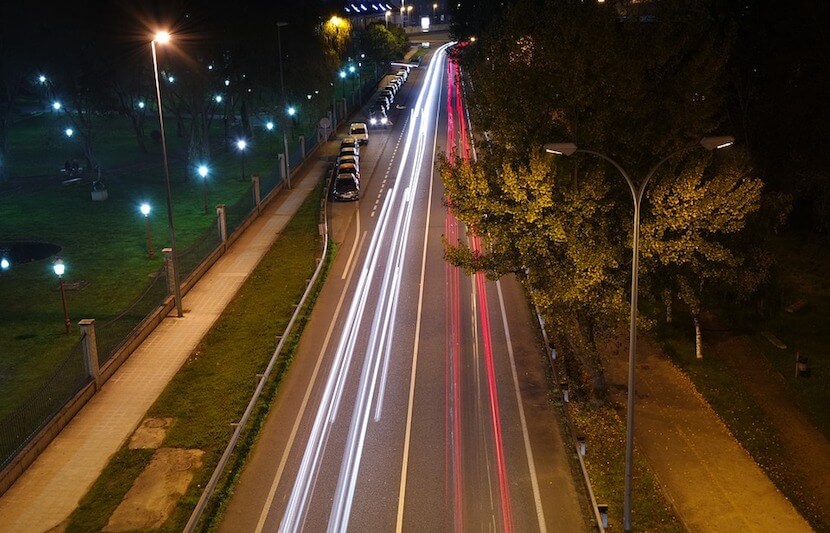Much of society has come to the realization that, eventually, the world could run out of everything.
Animal species, ecosystems, fossil fuels, food and drinking water could all disappear, unless serious changes are made.
These threats to the world’s vital resources have motivated the upcoming generation of workers and decision makers to consider sustainability, unlike any generation before them.
They understand that, like a house, the construction of a sustainable society should be built out of many small bricks — or in this case, solutions.
Patrick Murphy, who recently earned his master’s degree in sustainability at Arizona State University, has recognized the threats posed to society, and he has acted to help his hometown of Mokena, Ill., become more sustainable.

Originally as part of his capstone project, Murphy performed a sustainability analysis for Mokena to assess whether it should convert its street lights from conventional bulbs to LED.
Although sustainable solutions are almost always environmentally beneficial, in some cases they cost more money, upfront, than a small town like Mokena can afford — that is why analyses are needed before committing to a sudden switch.
In this case, Murphy found a transition to LED bulbs to be both environmentally and economically beneficial.
“Switching to LED bulbs is costly upfront, but pays itself back in energy savings over a few years,” he said. “If a community has the money to make the switch, they will only be setting themselves up for a future tax break or for that money to be allocated elsewhere in the future.
Something as simple as switching bulbs can reduce a community’s environmental footprint, and save them money in the long term.”
He suggests other cities should do the same.
“In my analysis, I found that if all standard street lights in the United States were switched to LEDs, it would be equivalent to removing the emissions from a city the size of Tucson, Ariz., or Fresno, Calif.,” Murphy said. “This analysis was made with some broad assumptions, but it shows that little efforts can add up quickly and have both immediate and long-term benefits.”
Murphy worked with Mokena officials to evaluate the cost of the transition, energy savings, environmental impact, road safety, among others.
Currently, the process is still in the planning stage.
While Murphy’s efforts could greatly benefit his hometown, more importantly, they highlight the importance of taking small steps to make society more sustainable.
Despite mounting environmental threats, much of society has resisted sustainable solutions.
“The problem with getting people to act sustainably is that we have been functioning as a society a certain way for a long time, and it is difficult to change that type of momentum,” Murphy said.
One of the biggest challenges is motivating a stagnant society.
“I think education is the best way to get a large group of people to change their way of thinking,” Murphy said. “Knowing the adverse impacts our actions have on our environment can provide the motivation for people to make the change. Without knowing the severity of these impacts, it would be almost impossible to convince someone to commit to the cause. Sustainability education is growing quickly in the U.S., so we are on the right path to making larger positive changes to our society and environment.”
Individual efforts to contribute to a sustainable society can have a huge impact.
Murphy suggests that people should reuse water bottles, switch lighting sources to LEDs, refrain from eating meat for certain meals, take public transit, buy locally grown food, plant a personal garden, compost and avoid products that create significant waste, among others.
“There are many ways to limit an individual’s consumption habits without changing his or her lifestyle,” said Murphy. “Living sustainably doesn’t need to be difficult. It just takes a conscious effort at first, but it becomes second nature after a while. And if a large number of people make these small changes, the benefits to our society would be immense.”



